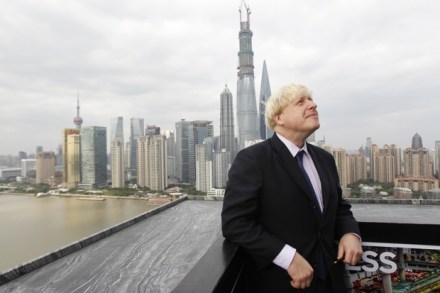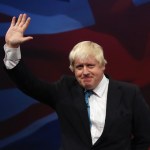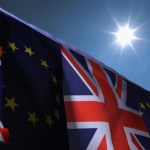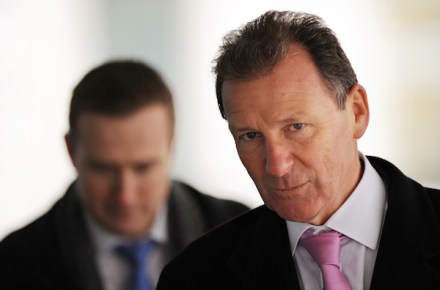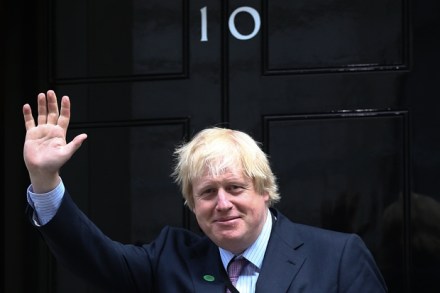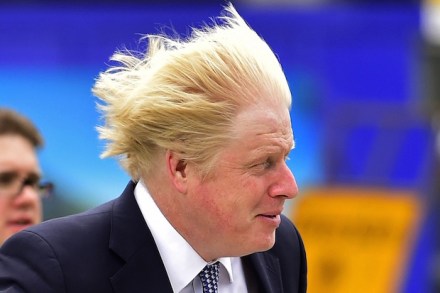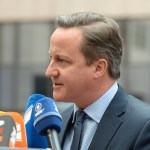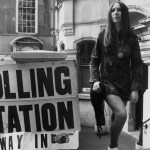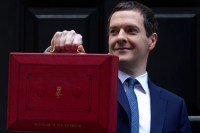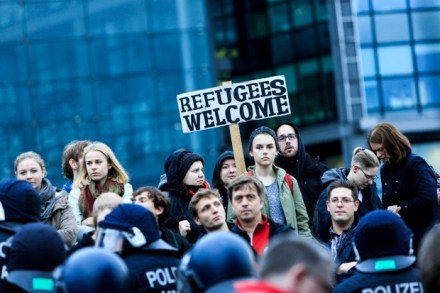Why has the government been so behind the curve on steel?
This hasn’t been a good week for the government. As I say in my Sun column today, it has been oddly off the pace in its response to Tata’s decision to sell off its UK steel plants. We have had the absurd sight of the Business Secretary flying to Australia and then turning round and coming back again. What makes all this so odd is that everyone knew that Tuesday’s meeting of the Tata board was key to the future of these plants. Government insiders say that the government being caught on the hop is another example of how Number 10’s obsession with the EU referendum means that it is



